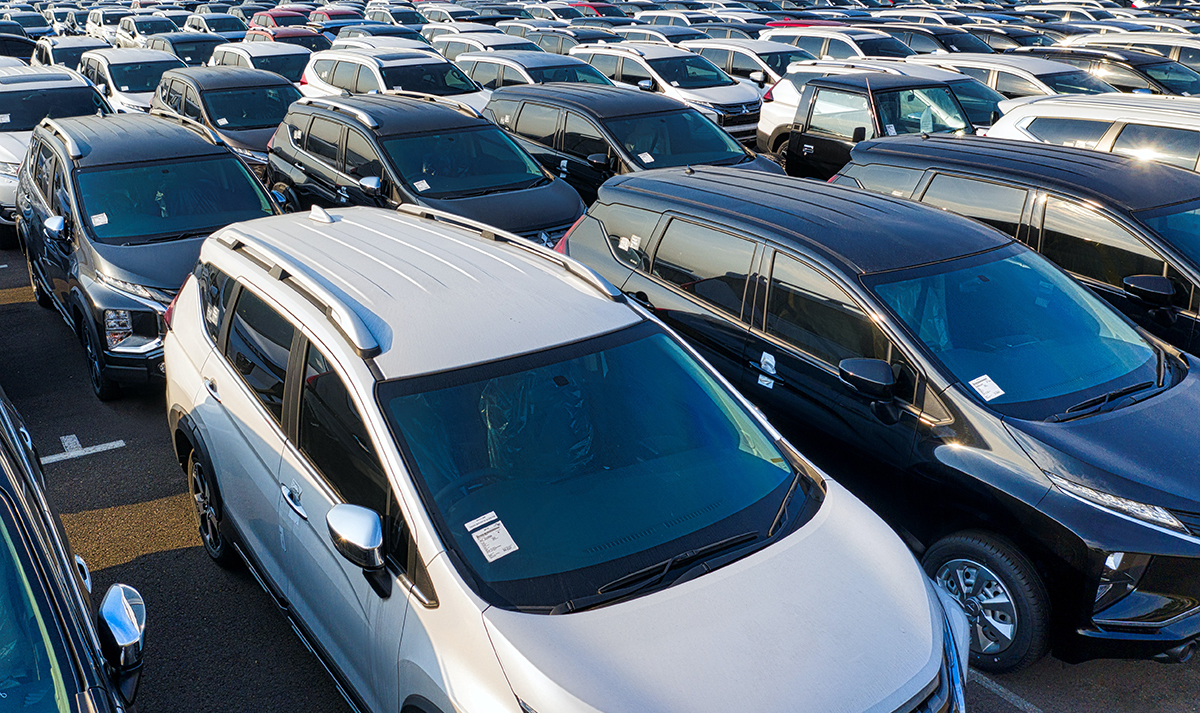Business car pricing refers to the discounted rates offered on vehicle purchases made through business entities, often resulting from tax incentives, bulk buying, or special arrangements, making automobiles more affordable for businesses than for individual consumers.
The intriguing world of business car pricing, where financial advantages and exclusive deals converge, makes luxury vehicles and practical models alike more accessible for savvy business owners.
Businesses enjoy cost benefits when purchasing cars due to tax breaks, bulk purchase discounts, and fleet deals. These advantages often result in lower prices for businesses compared to individual consumers, creating a lucrative avenue for companies to invest in their transportation needs while optimizing financial resources.
The Tax Advantage
Tax Breaks
One of the primary drivers behind the cost-effectiveness of business car purchases lies in the realm of taxation. Businesses can often leverage tax breaks and incentives, creating a financial landscape where the acquisition of vehicles becomes more economically viable.
Depreciation Benefits
Explore the intricacies of how businesses can capitalize on depreciation benefits to minimize their tax liabilities, leading to a significant reduction in the effective cost of acquiring and maintaining a fleet of vehicles.
Bulk Buying Power
Bulk buying power is like getting a big bag of candy at once instead of just a few pieces. When businesses buy a lot of things together, like cars, they get special discounts. It’s like when you buy in bulk, the cost of each thing becomes less. So, businesses can save a lot of money by purchasing many cars all at once. This helps them have more cars for their work, and it’s a smart way to make sure each car costs less. It’s like a big treat for businesses that buy a bunch of things together.
Unveiling the Power of Bulk Purchase Discounts
Businesses, armed with the purchasing prowess of acquiring vehicles in bulk, unlock exclusive discounts that individual consumers can only dream of. Delve into the world of bulk buying power and discover how it translates into substantial savings.
Fleet Deals and Negotiation Dynamics
Examine the strategic negotiations and fleet deals that businesses engage in to secure favorable terms and prices. Learn how these arrangements contribute to lowering the overall cost per vehicle, making business acquisitions more economical.
Operational Efficiency
Operational efficiency means doing things in a smart and smooth way, like making sure everything works well without wasting time or money. Imagine a big puzzle where all the pieces fit perfectly—that’s what businesses aim for. When companies use vehicles, like trucks or cars, smart planning and good organization help them save money and work better. It’s like having a well-organized toy box—finding what you need quickly and making sure everything runs smoothly. Operational efficiency is about making everything work nicely so businesses can do their jobs easily and without any problems.
Streamlining Transportation Costs
Businesses often view vehicles as integral assets that contribute to operational efficiency. Explore how businesses strategically allocate resources, streamline transportation costs, and optimize their overall operations through cost-effective vehicle acquisitions.
Maintenance Contracts and Cost Reduction
Delve into the realm of maintenance contracts and understand how businesses can negotiate favorable terms, reducing the long-term costs associated with vehicle upkeep. Uncover the financial advantages that maintenance contracts bring to the table.
Regulatory Compliance
In the world of cars, there are important rules and laws called “regulations.” These rules make sure cars are safe and good for the environment. When businesses buy cars, they must follow these rules, called “regulatory compliance.” It’s like following the game rules in sports. If businesses follow these car rules, they can get some benefits, like discounts or incentives. So, when businesses get cars, they not only save money but also make sure everything is done the right way, playing by the car rulebook.
Navigating Regulatory Terrain
Businesses often face a distinct set of regulatory considerations when acquiring vehicles. Explore how adherence to regulatory requirements can lead to cost savings, making the business route a more financially prudent option for procuring automobiles.
Capitalizing on Emission Standards
Discover how businesses, in alignment with stringent emission standards, can access incentives and discounts, further enhancing the financial attractiveness of purchasing vehicles through business channels.
Conclusion
As the curtain falls on this exploration, the myriad reasons behind the affordability of cars through business become clearer. From tax advantages and bulk buying power to operational efficiency and regulatory compliance, businesses navigate a landscape where the road to cost-effective vehicle acquisitions is well-paved. Understanding these dynamics allows both business owners and individual consumers to make informed decisions when venturing into the world of automobile purchases.
Originally posted 2023-12-04 16:31:06.
